BLOGS
Is budget what keeps developing countries?
Posted On : Dec 25, 2020

Higher education is more than an assembly line of professionals. The knowledge that is taught is old stuff. Even quantum mechanics and relativity, by now, are about 100 years old.
The teachers must show that they can do more than teaching. And they have to produce their own questions, or at least, be aware and contribute to answer questions proposed by others. The judgment of this is not difficult. Just count the number of patents, papers, books, poems, songs, plays, paints, and artifacts.
The Innovation Impact of U.S. Universities
Posted On : Jul 01, 2020

The Innovation Impact of U.S. Universities The Innovation Impact of U.S. Universities is equivalent to the economic impact of U.S. Universities. This is something we care about because we aim to emulate the good practices discovered or developed by successful others as a shortcut to our own success. In other words, let’s not reinvent … Continue reading The Innovation Impact of U.S. Universities
Así comenzó todo
Posted On : Feb 11, 2020
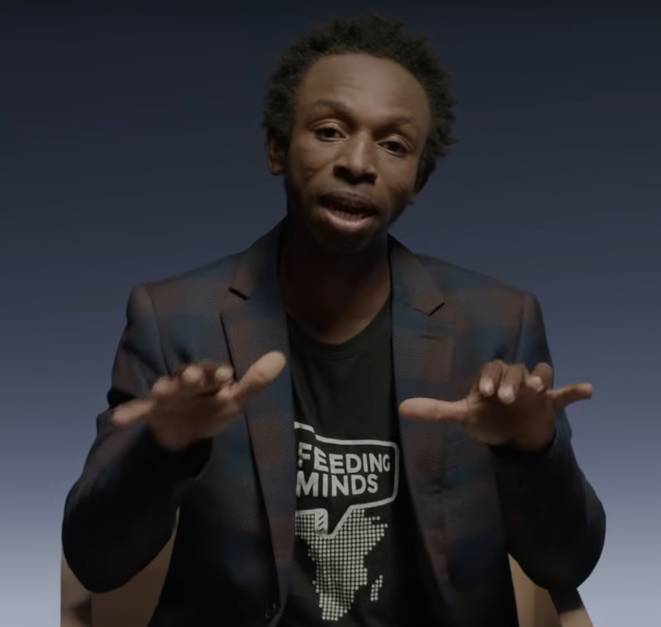
Cuando me enteré de que cientos de miles de niños estaban llegando solos a la frontera entre Estados Unidos y México, me di cuenta de que estos niños seguramente no sabían que hay una mejor manera. No solo para ir a Estados Unidos, o Canadá o alguno de los países de Europa occidental. Sea porque … Continue reading Así comenzó todo
Searching for Scholarships? Why?!?
Posted On : Jan 28, 2020
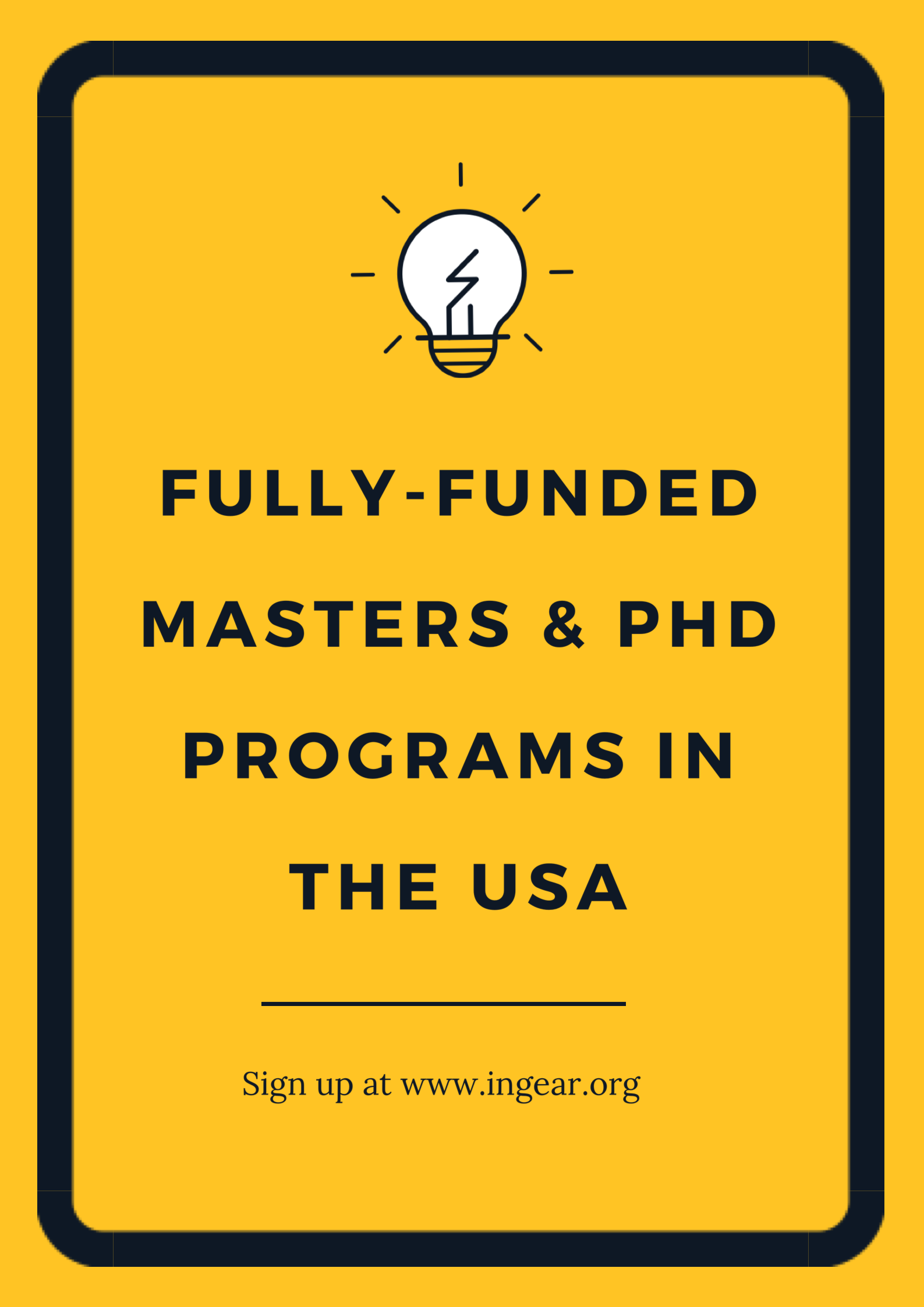
Students and non-students have been citing the conspiracy theory that only the elite secure scholarships to study in developing nations. I explain this in Ph.D. in the USA. Scholarships are not as crucial or important as most think. In fact, the majority of students from countries such as China and India utilize a system which … Continue reading Searching for Scholarships? Why?!?
Coffee plus plastic to make parts for cars
Posted On : Jan 26, 2020
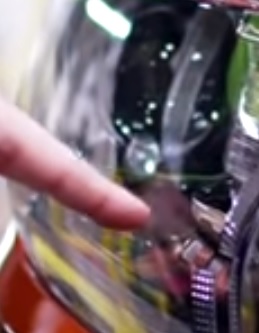
Do you need help to pick a topic for your advanced degree? The route to finding an answer is research. And that is what the advanced degree is all about. My adviser, the former Vice President of the University of Houston, Dr. Rathindra Bose, rather preferred a student committed to going for the doctorate than … Continue reading Coffee plus plastic to make parts for cars
when you really want something
Posted On : Jan 19, 2020
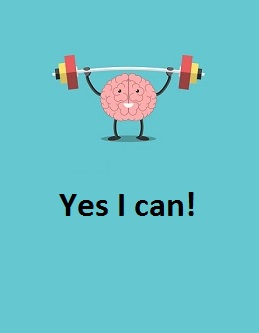
When you really want something, you find a way to do it The video is about a child surfing the internet with a tablet that he borrows in a shopping mall to do his homework. Obviously, the kid can not take the tablet home, he does the homework in the store. Isn’t that the way … Continue reading when you really want something
Third World War Or Global Civil War
Posted On : Jan 12, 2020
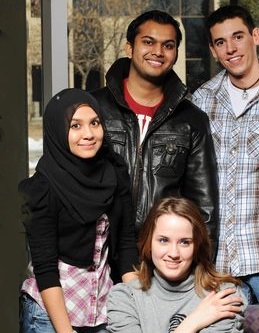
What about going for an advanced degree in IT or Computer Science? or sociology, law, anthropology, theology, philosophy, …? So much is a stake and so fast it is happening that most are unaware of how the technological advances are shaping our current lives. But particularly, our ability to survive. Are we destined for global … Continue reading Third World War Or Global Civil War
No es por qué, sino por qué no
Posted On : Dec 09, 2019

No es ¿por qué?, sino ¿por qué no? ¿Le gustaría estudiar una maestría o doctorado en el extranjero? ¿Y qué tal continuar adquiriendo experiencia, trabajando en la industria o la academia al finalizar los estudios? Conseguir una beca completa y sin condiciones es más sencillo de lo que se cree. Algunas personas se auto descalifican … Continue reading No es por qué, sino por qué no
Aggie about to cross the 109 line
Posted On : Jul 18, 2019

Aggie about to cross the 109 line Mr. Tom Morris, Texas A&M University class of 1933, will turn 109 on August 1, 2019. From the numerous anecdotes of those who know him, it is clear that he is special. But regardless, how many turn 109 years old? He is regarded as the oldest known … Continue reading Aggie about to cross the 109 line
Más Educación =>Menos Vulnerabilidad
Posted On : Jun 03, 2018

Más Educación → Menos Vulnerabilidad Existe una conexión entre educación y vulnerabilidad. Cuanto más educado te vuelves, menos vulnerable eres. Es decir, ¡más capaz de protegerte a ti mismo, tu familia, tus bienes y todo lo que es “tuyo”! Al hacerlo, serás más capaz de contribuir al bienestar colectivo. Esto sucede cuando te vuelves capaz de … Continue reading Más Educación =>Menos Vulnerabilidad
More Education => Less Vulnerability
Posted On : Jun 03, 2018

More Education → Less Vulnerability There is a connection between education and vulnerability. The more educated you become, the less vulnerable you are. That is, the more capable of protecting yourself, your family, your assets, and everything “yours” from threats! In doing so, you become better suitable to contribute to the collective wellbeing. This happens … Continue reading More Education => Less Vulnerability
“Know yourself. Accept yourself. Advance”
Posted On : Apr 01, 2018

“Know yourself. Accept yourself. Advance” -Agustín de Hiponia- I was born in Costa Rica to a poor family, but I was fortunate to have parents who valued education. While other children were put to work in the fields, my father, despite being nearly illiterate, encouraged me to focus on my studies. Sadly, the academic horizons … Continue reading “Know yourself. Accept yourself. Advance”
“Conócete. Acéptate. Supérate”
Posted On : Mar 31, 2018

“Conócete. Acéptate. Supérate” -Agustín de Hiponia- Nací en Costa Rica en el seno de una familia pobre pero con la fortuna de que mis padres valoraban la educación. Mientras otros niños eran puestos a trabajar en las huertas, mi papá, a pesar de ser casi analfabeto, me alentaba para que me enfocara en el … Continue reading “Conócete. Acéptate. Supérate”
Science and Technology for Human Rights: Join Us
Posted On : Feb 25, 2018

Science and Technology for Human Rights: Join US Opportunities for Chemists, Physicists, Mathematicians, Biologists and Engineers. Hey! Actually, opportunities for all professionals with good will. Between February 15 and February 19 of 2018 (last week), in Austin Texas, the American Association for the Advancement of Science or AAAS, had its annual meeting. If you don’t … Continue reading Science and Technology for Human Rights: Join Us
El Dr Marin Tuvo un Accidente Terrible
Posted On : Feb 08, 2018
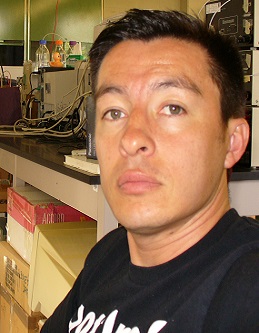
Tuve un Accidente de Tránsito que me Envió Tres Meses al Hospital ¡Hola! Soy el Dr. Roberto Marín, el fundador de Ingear.org. Han pasado más de cuatro meses desde la última vez que envié un correo electrónico o publiqué. Tuve un terrible accidente automovilístico el 8 de septiembre de 2017 y pasé un poco más … Continue reading El Dr Marin Tuvo un Accidente Terrible
Dr Marin had a terrible traffic accident
Posted On : Jan 18, 2018

I had a terrible car accident and spent more than three months hospitalized Hello! I am Dr. Roberto Marin, the founder of Ingear.org. It has been more than four months since the last time I emailed or posted. I was involved in a terrible car accident on September 8th of 2017 and spent a little over … Continue reading Dr Marin had a terrible traffic accident
How to master academic English!
Posted On : May 28, 2017
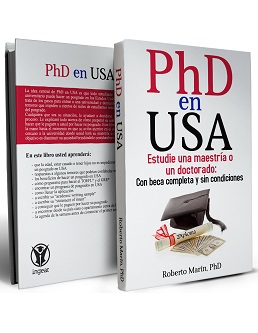
How to master academic English! YES! Achieving an appropriate level of academic English is crucial if you want to study an advanced degree in an English speaking country. You probably have a good level already but remember that you need a command of academic English, not street English. How do you know if your academic English is good enough? It depends on your field of … Continue reading How to master academic English!
You do not need a scholarship
Posted On : Sep 19, 2016

It is counter intuitive that you do not need a “scholarship” to study an advanced degree in the USA In chapter 9 of PhD in the USA I have included an exercise that should help you get funded to study an advanced degree in the USA. Surprisingly, most graduate students study without the typical “scholarship”. That is, … Continue reading You do not need a scholarship
Usted no necesita una beca
Posted On : Sep 19, 2016

No es obvio que usted no necesita una beca para estudiar un posgrado en USA En el capítulo 9 de la versión actualizada de PhD en USA hemos incluido un ejercicio que podría ayudarle muchísimo a conseguir una “beca”. No obstante, le sorprenderá saber que la mayoría de los estudiantes estudian o han estudiado “sin becas”. Es … Continue reading Usted no necesita una beca
Why poverty!?
Posted On : Aug 21, 2016

Why poverty!? This phrase triggers a multitude of feelings. It can be a question and it can be an exclamation. It can be a regret or a buried answer under a pile of books and papers. It can be a streak of tears too. Education is key to get out of poverty. On an individual basis, … Continue reading Why poverty!?
Brain Drain: Should I go back to my home country?
Posted On : Aug 16, 2016

This is a taboo subject: After finishing my postgraduate degree, should I go back to my home country? No, the best thing for you and your home country is that you stay abroad for a few years, working on a post doctorate and later working in your field.` Remember this definition of insanity: doing the … Continue reading Brain Drain: Should I go back to my home country?
Mas circulación de cerebros menos fuga de cerebros
Posted On : Aug 15, 2016

Mas Circulación de cerebros menos Fuga de Cerebros La “fuga de cerebros” es una gran preocupación, especialmente en el mundo en desarrollo. La “fuga de cerebros” es la pérdida de individuos inteligentes, conocedores y cultos de las naciones en desarrollo, debido a que estas personas decidieron emigrar a naciones desarrolladas. Esto ocurre tan pronto como … Continue reading Mas circulación de cerebros menos fuga de cerebros
Brain Drain or Brain Circulation
Posted On : Aug 15, 2016

Brain Drain or Brain Circulation? The aversion to brain drain is understandable; but upon examining the case of the relationship between China, India, and Silicon Valley in detail, researchers such as Annalee Saxenian[1] have shown that the process of brain mobilization can become balanced – that is, a reversible process – instead of uni-directional. … Continue reading Brain Drain or Brain Circulation
Embracing vulnerability is key
Posted On : Jun 16, 2016

Embracing Vulnerability is the Key to “Rock as a Role Model” As CEO of a nonprofit organization— a nonprofit whose mission is to inspire and motivate young people in underdeveloped countries to pursuit advance degrees—my immediate goal is to cast a resonant message that overcomes the fears, myths, and emotional “loads” that trigger self-sabotaging thoughts … Continue reading Embracing vulnerability is key
¿Debería retornar a mi país?
Posted On : Jun 14, 2016

Este es un tema tabú: ¿Al terminar mi postgrado, debería retornar a mi país? No, lo mejor para usted y su país es que se quede, por unos años, haciendo un postdoctorado y luego trabajando en su industria. Recordemos esta definición de locura: seguir haciendo lo mismo, esperando un resultado diferente. Mala idea. … Continue reading ¿Debería retornar a mi país?
More brain circulation less brain drain
Posted On : May 23, 2016

More brain circulation less brain drain “Brain drain” is a big concern, especially in the developing world. “Brain drain” is the loss of intelligent, knowledgeable, and well educated individuals from nations in the developing world, because they chose to migrate to developed nations. This often occurs as soon as students graduate—instead of returning to their home … Continue reading More brain circulation less brain drain
¿Fuga o Circulación de Cerebros?
Posted On : May 23, 2016

¿Fuga o Circulación de Cerebros? La aversión hacia la fuga de cerebros es comprensible; pero al examinar en detalle el caso de la relación entre China, India y Silicon Valley, investigadores como Annalee Saxenian[1] han mostrado que la movilización de cerebros como proceso puede entrar en un equilibrio, es decir, un proceso reversible, en lugar … Continue reading ¿Fuga o Circulación de Cerebros?
Unaccompanied Migrant Children
Posted On : Jul 22, 2015

Why so many unaccompanied migrant children are coming to the United States alone? The international crisis of unaccompanied migrant children from Central America has its roots in the inequality of their societies and the institutional failure of the corresponding governments. These countries suffer from a system failure. To bring permanent solution to the problems of … Continue reading Unaccompanied Migrant Children